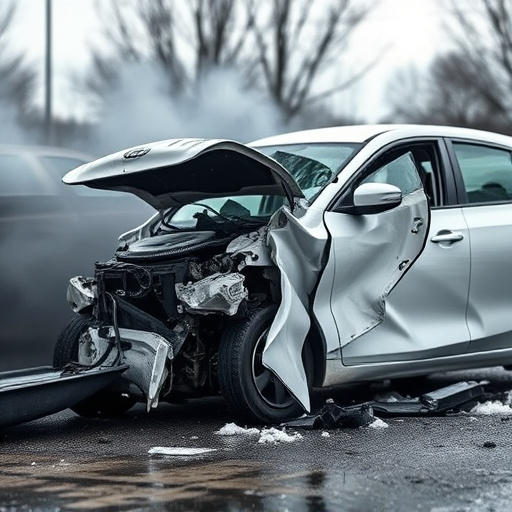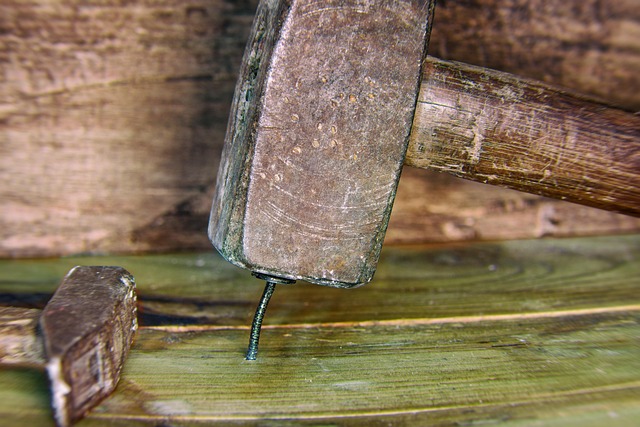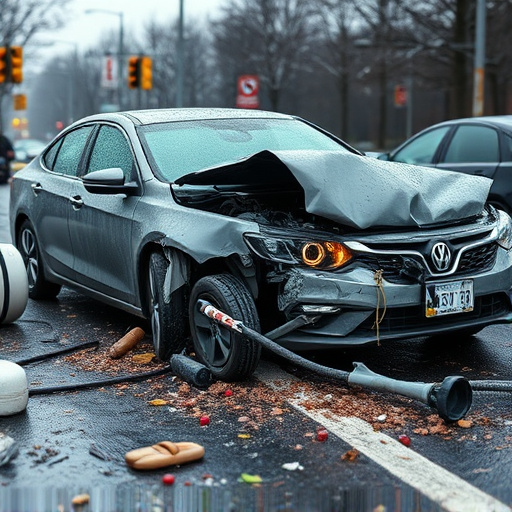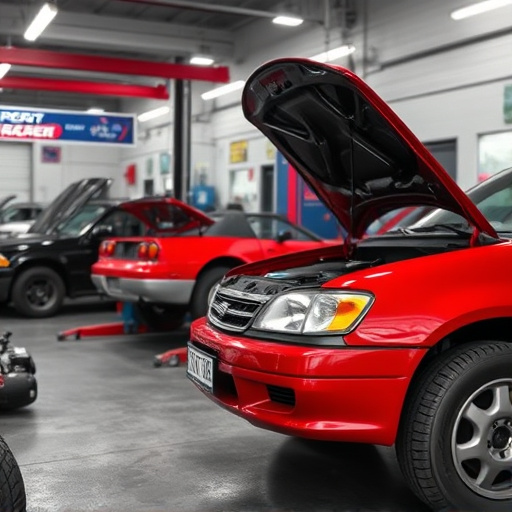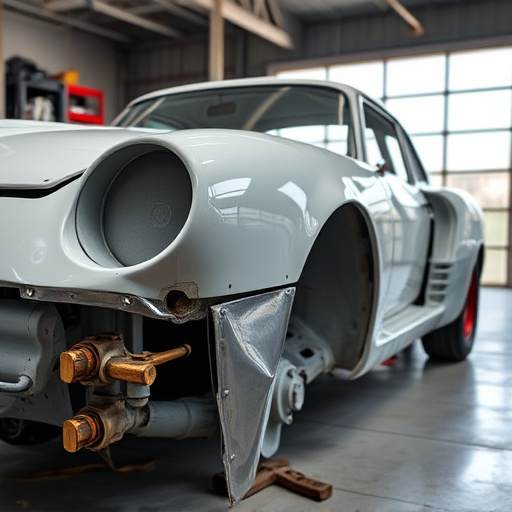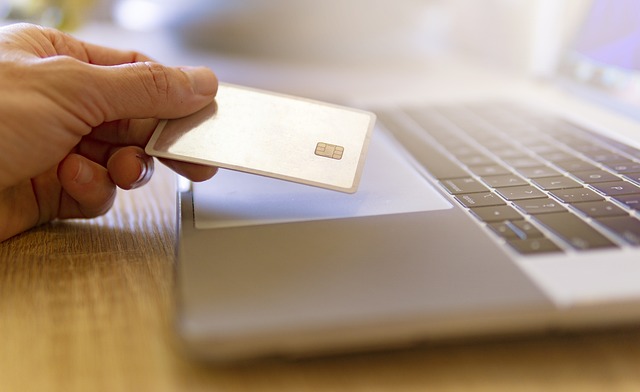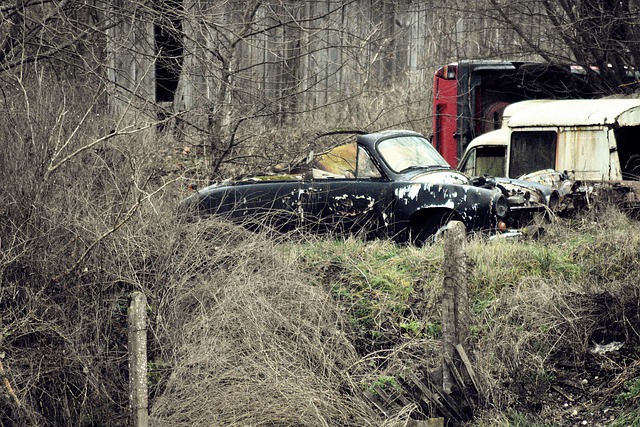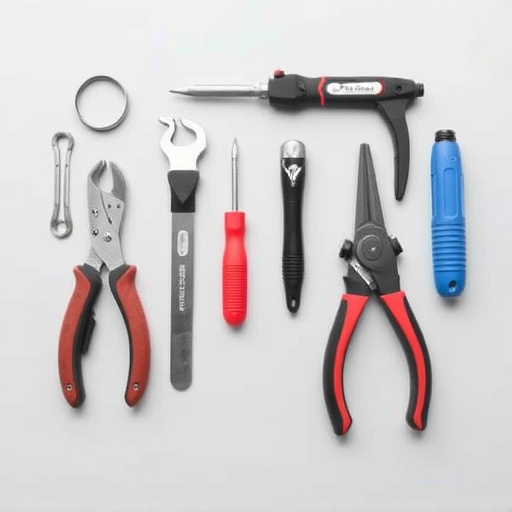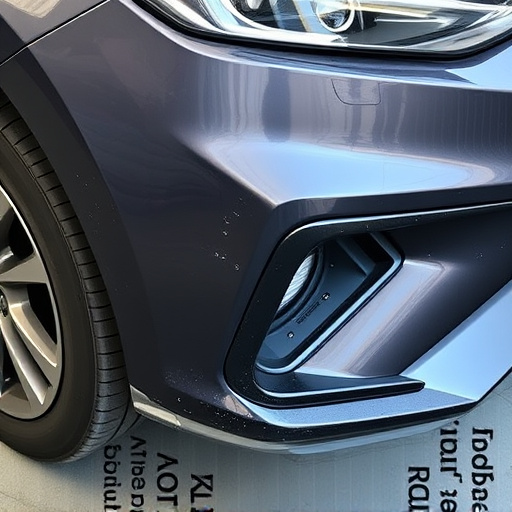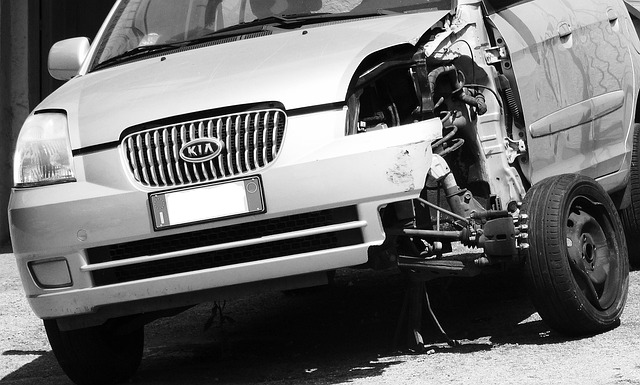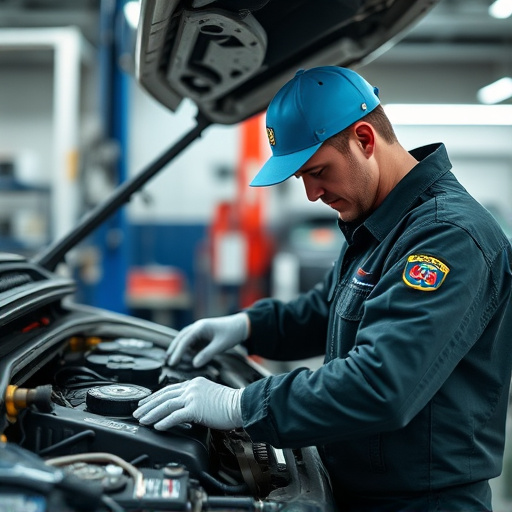In the competitive collision repair industry, exceeding customer expectations through exceptional collision repair customer service is crucial for success. This involves structured approaches like active listening and transparent communication, addressing concerns with empathy, clear updates on vehicle progress, and prompt returns without sacrificing quality. By building trust, resolving disputes effectively, and fostering long-term relationships, collision repair centers can turn negative experiences into positives, encouraging repeat business and referrals through satisfied customers. Implementing feedback mechanisms further refines collision repair customer service processes.
In the competitive collision repair industry, exceptional customer service is paramount. Handling complaints effectively can transform negative experiences into positive relationships, fostering client loyalty and enhancing your business’s reputation. This article guides you through understanding customer expectations in collision repair, mastering strategies to address complaints promptly and professionally, and building lasting connections after a complaint. Discover how these practices elevate your collision repair customer service.
- Understanding Customer Expectations in Collision Repair
- Effective Strategies for Addressing Complaints
- Building Long-Term Customer Relationships After a Complaint
Understanding Customer Expectations in Collision Repair
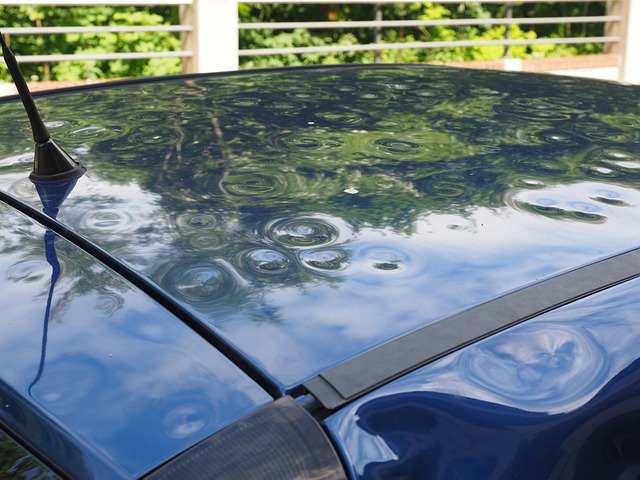
In the realm of collision repair customer service, understanding client expectations is paramount. Customers seeking car bodywork services or vehicle restoration typically enter with specific ideas about how their damaged vehicles should look and perform after repairs. They expect not just proficient technical work but also empathetic, professional, and timely service. An auto collision center that fails to meet these expectations risks damaging its reputation and losing future business.
The modern customer demands transparency, clear communication, and visible progress updates throughout the repair process. They want their vehicles back as soon as possible without compromising quality. Thus, collision repair shops must adapt their collision repair customer service strategies to align with these evolving expectations, ensuring client satisfaction and fostering long-term loyalty.
Effective Strategies for Addressing Complaints

When addressing customer complaints in collision repair customer service, a structured approach is key. The initial step involves actively listening to the client’s concerns, showing empathy, and assuring them that their issue is being taken seriously. This sets a positive tone and builds trust. Subsequently, verify the specifics of the complaint by reviewing the vehicle and assessing the damage, whether it’s related to paintless dent repair, auto bodywork, or car bodywork.
Providing clear and transparent communication throughout the process is crucial for effective dispute resolution. Offer clients a detailed explanation of the problem and the proposed solution, highlighting any available warranty coverage or special considerations. Timely response and prompt action demonstrate professionalism, fostering satisfaction and potential repeat business in collision repair customer service.
Building Long-Term Customer Relationships After a Complaint
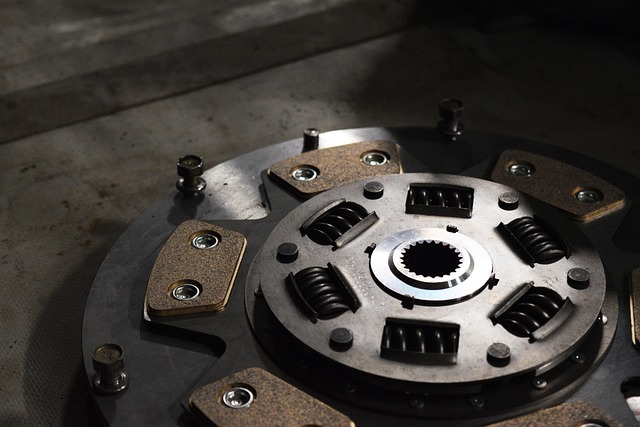
After addressing a customer’s complaint, the focus should shift to building and strengthening long-term relationships. Collision repair customer service isn’t just about fixing vehicles; it’s about cultivating trust and loyalty. Every interaction, even those stemming from complaints, is an opportunity to showcase your commitment to excellence. By actively listening to their concerns, offering transparent solutions, and ensuring complete satisfaction with the final result, you can turn a negative experience into a positive one.
Remember that satisfied customers are more likely to return for future services like auto detailing, vehicle bodywork, or car paint services. Implement feedback mechanisms to understand their expectations better and continually refine your collision repair customer service processes. Building lasting relationships not only fosters repeat business but also acts as a powerful referral source, contributing to the growth of your reputation in the competitive market of collision repair.
In conclusion, effective collision repair customer service hinges on understanding client expectations, implementing robust complaint handling strategies, and fostering lasting relationships. By prioritizing these key areas, businesses can not only resolve issues but also turn dissatisfied customers into loyal advocates, enhancing their reputation in the competitive collision repair industry.
